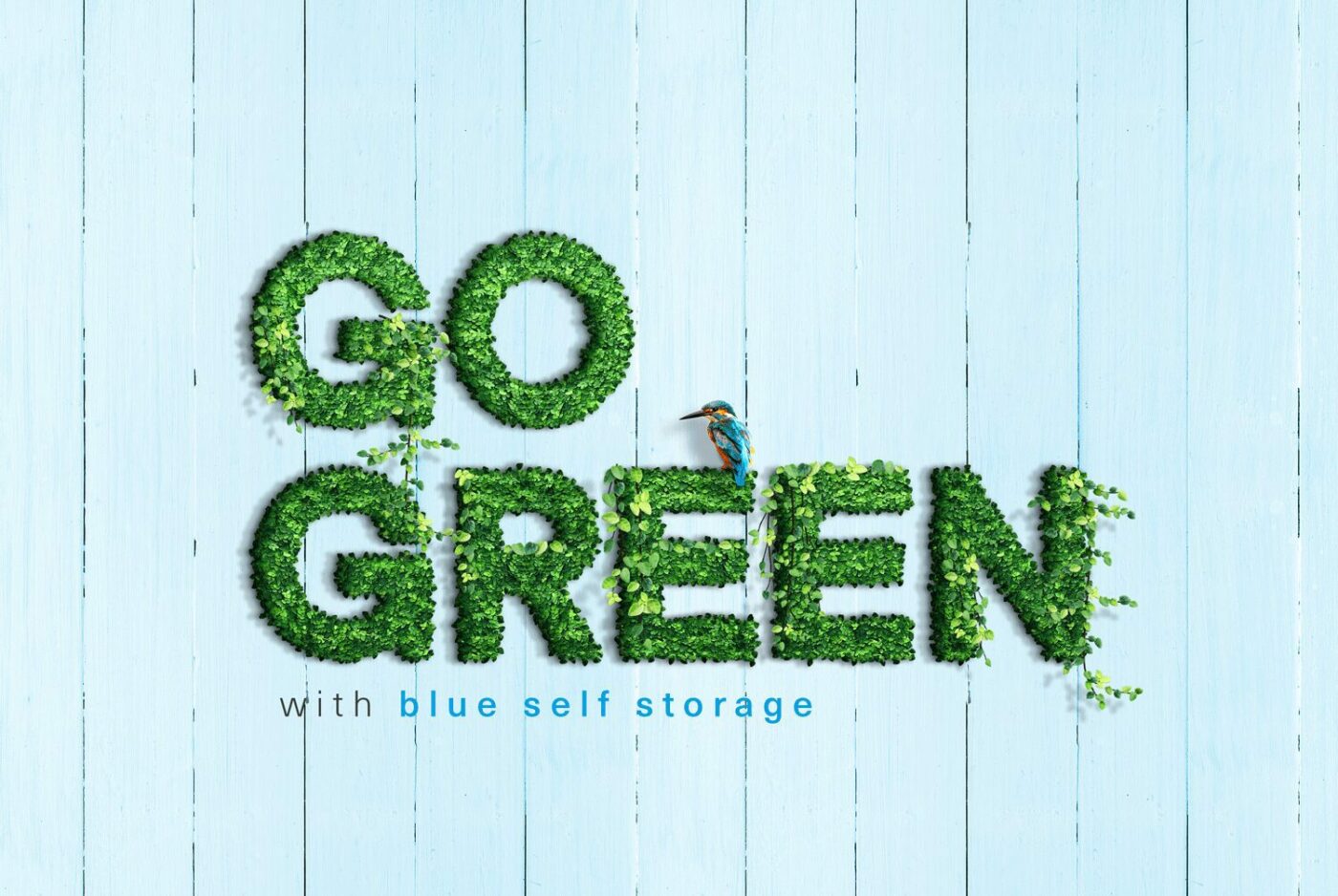
It’s something that is important to us, and we take pride in doing our part.
That means we’re working hard to lessen our effects on the environment in all we do. And it’s not just talk, we’re doing some really cool things!
As part of our commitment to protecting the environment, we are constantly searching for ways to practise greater ecological awareness and reduce our carbon footprint, not only in our business practices but also in our day-to-day lives; from carefully sourcing our suppliers to changing our tea bags to plastic-free ones!
Read on to find out what, why and how we do it.
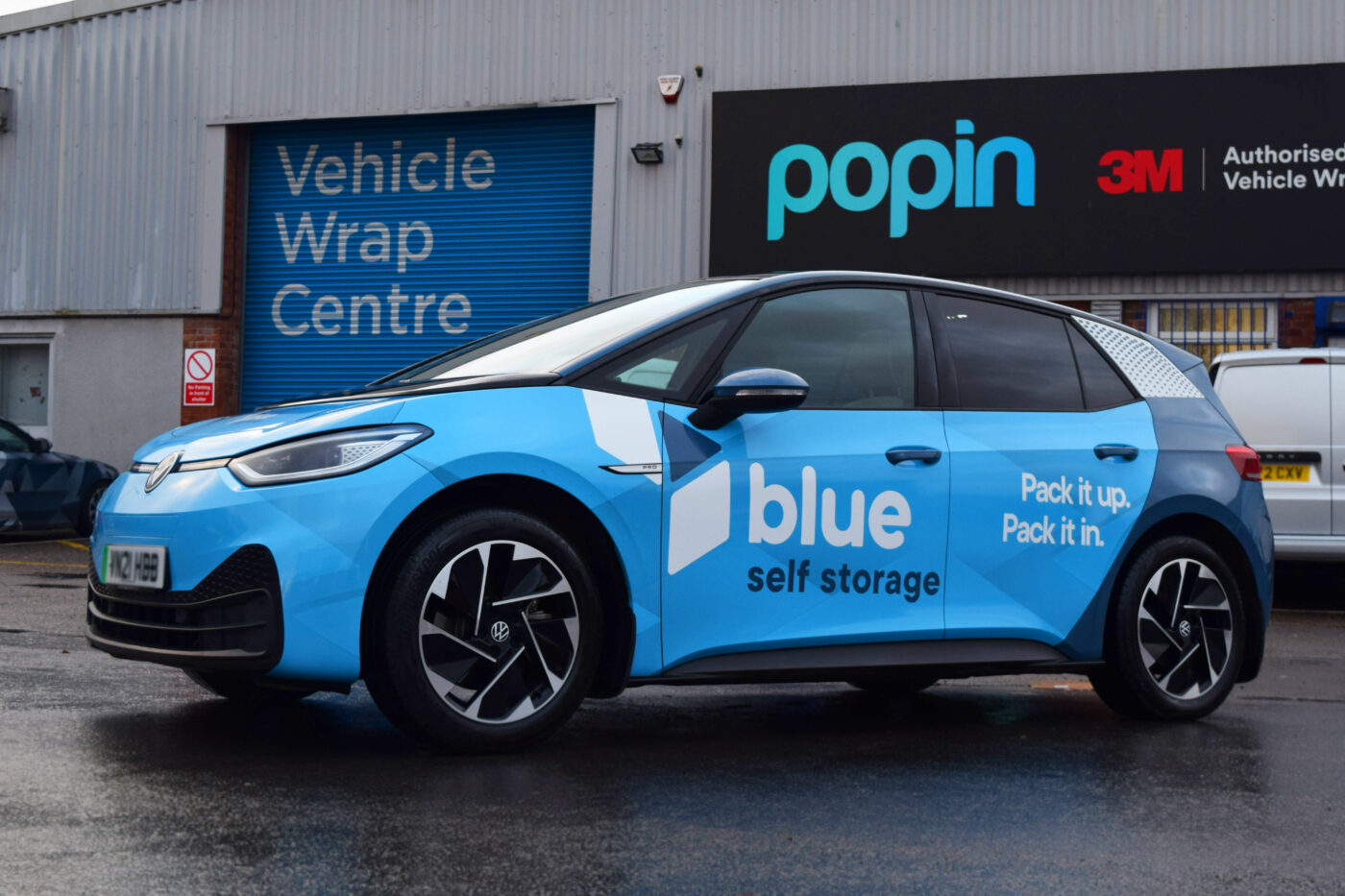
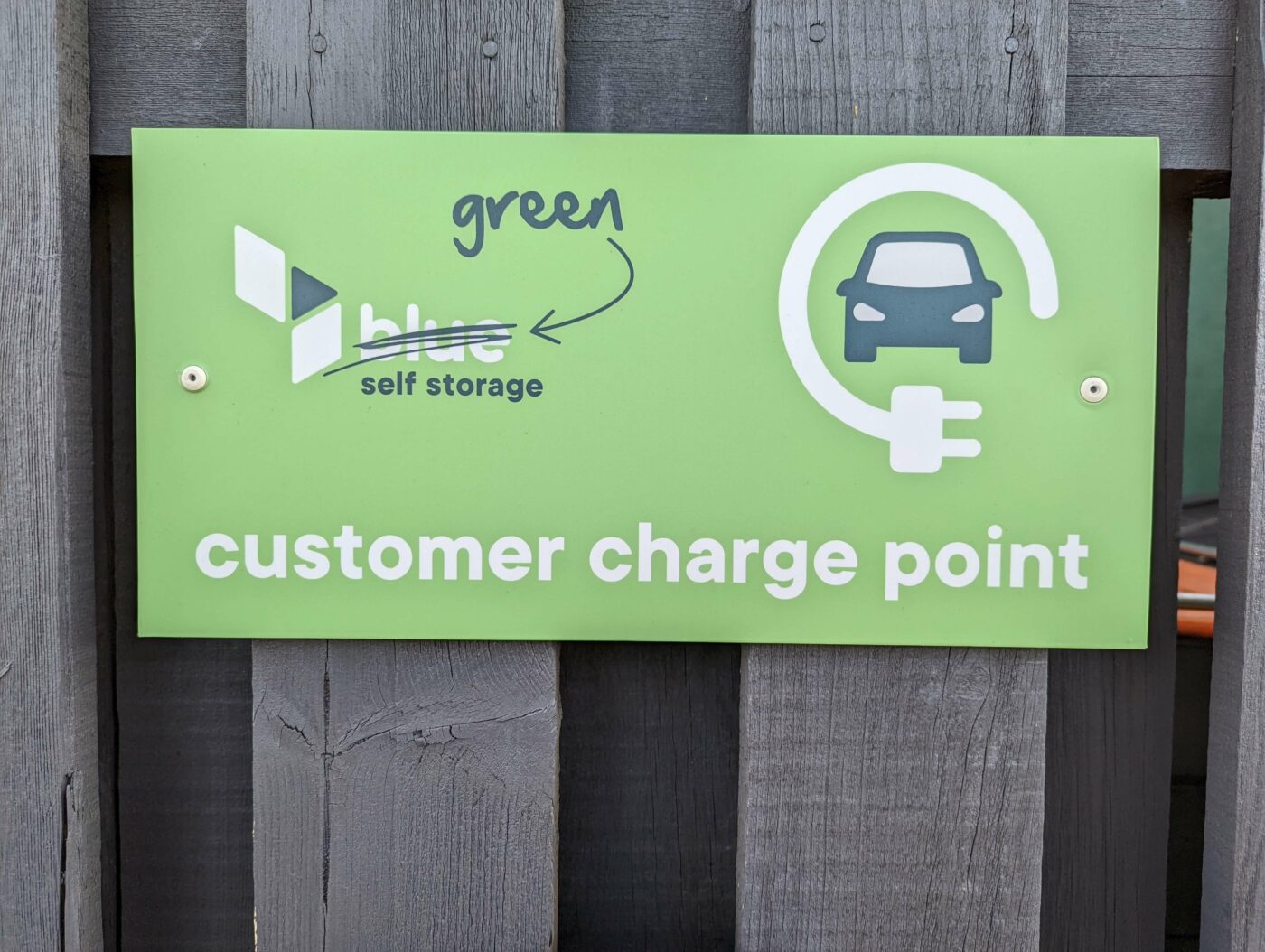
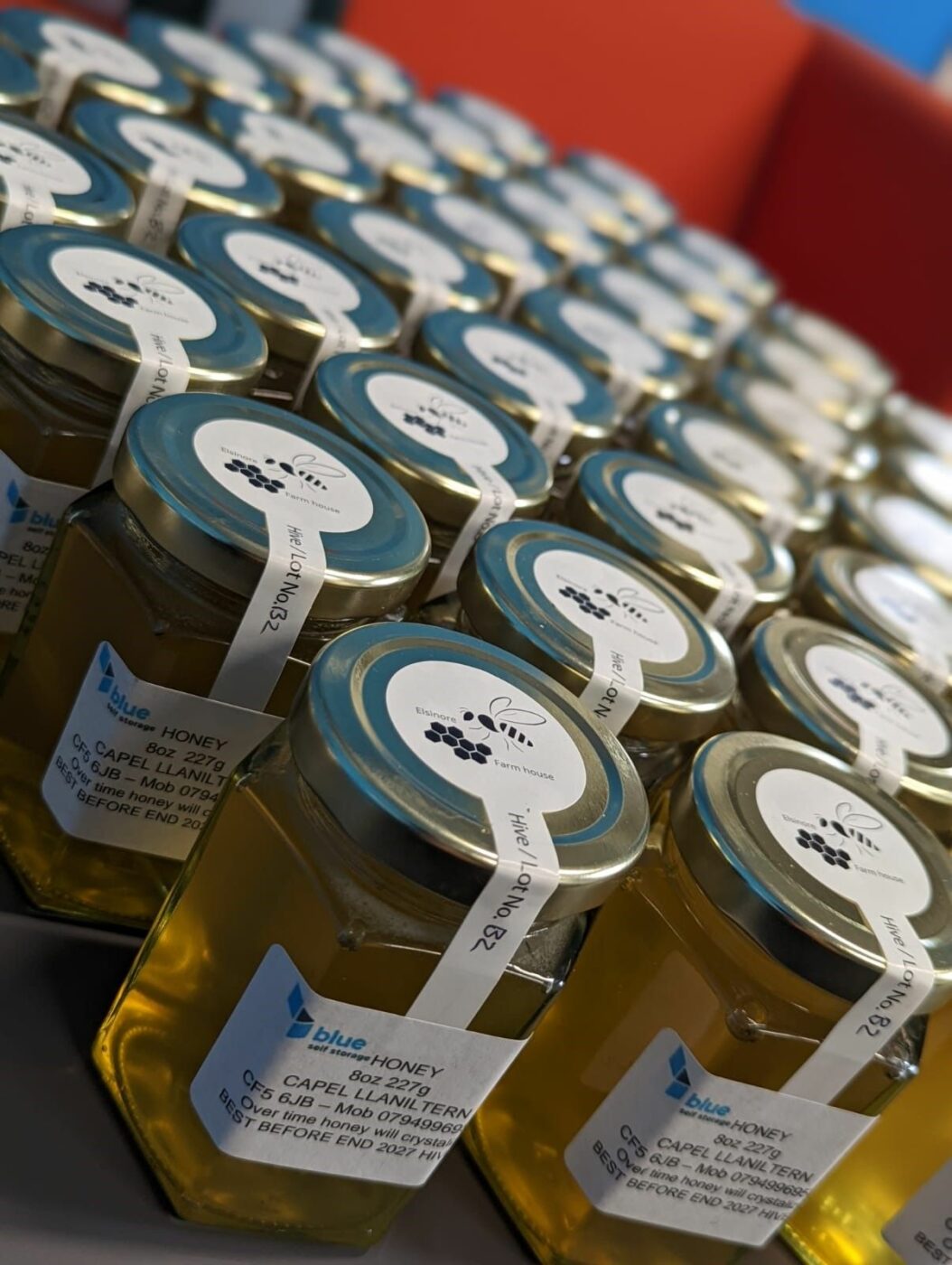
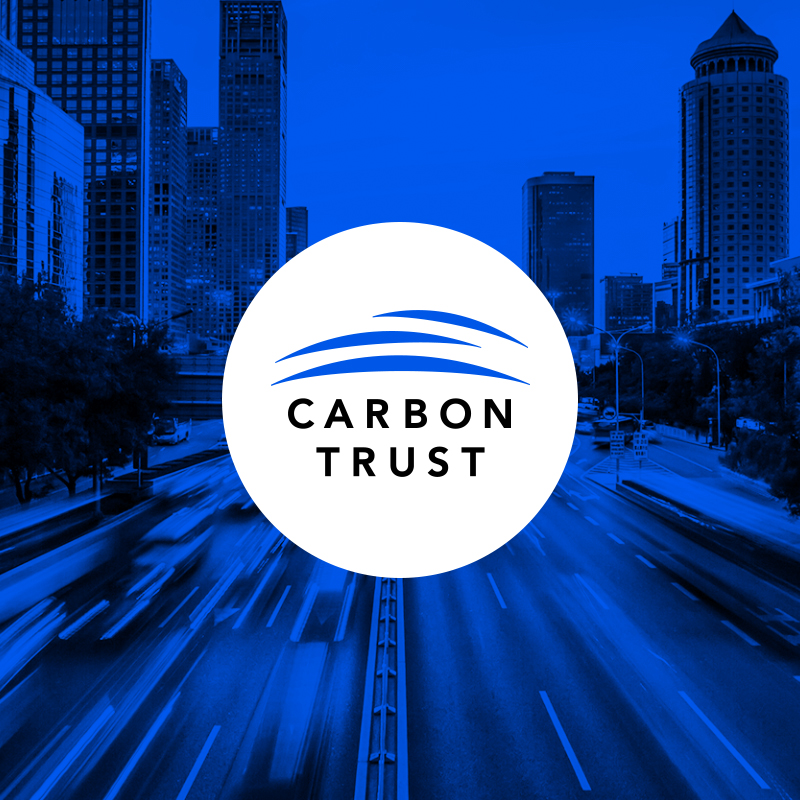
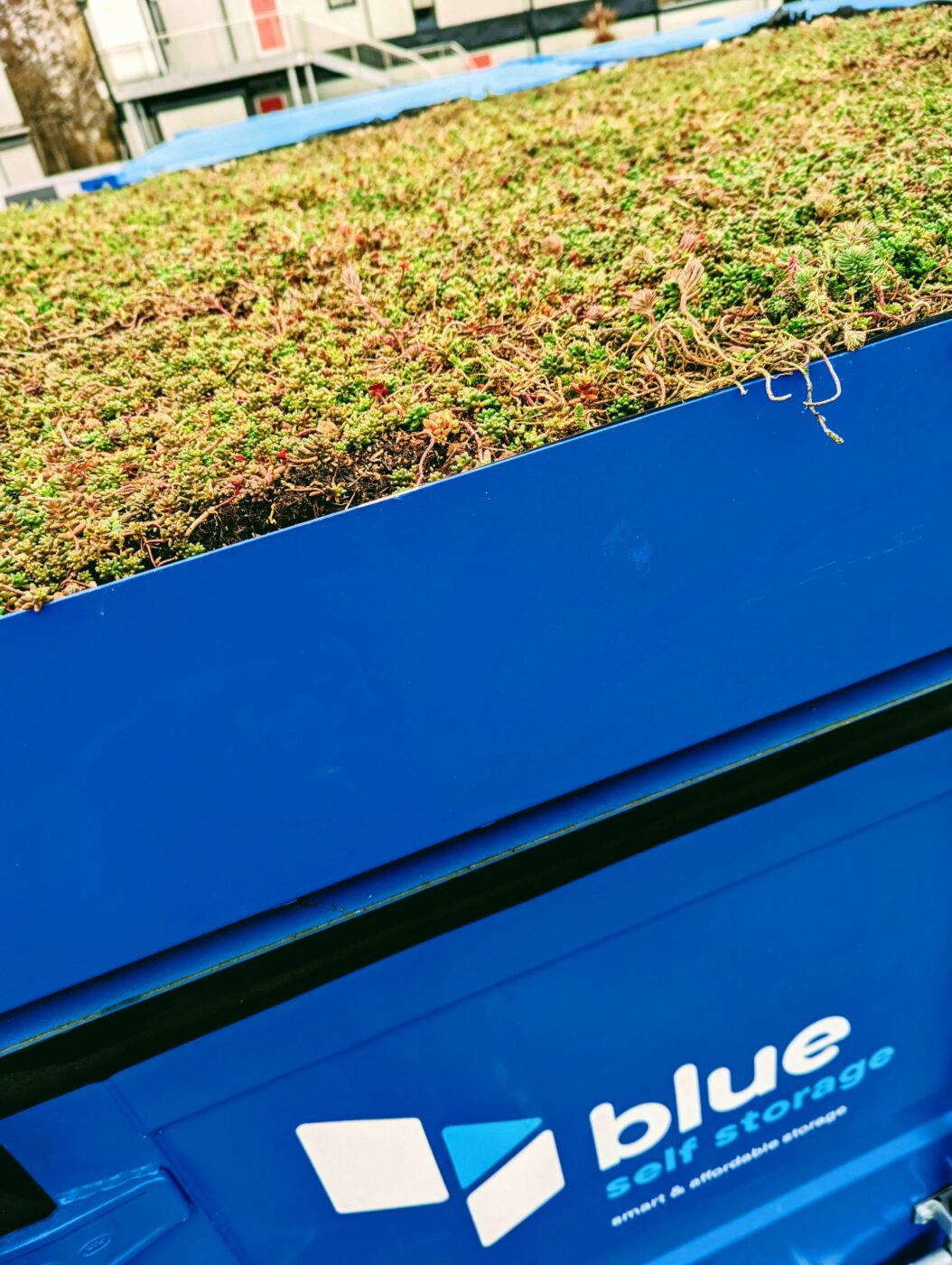
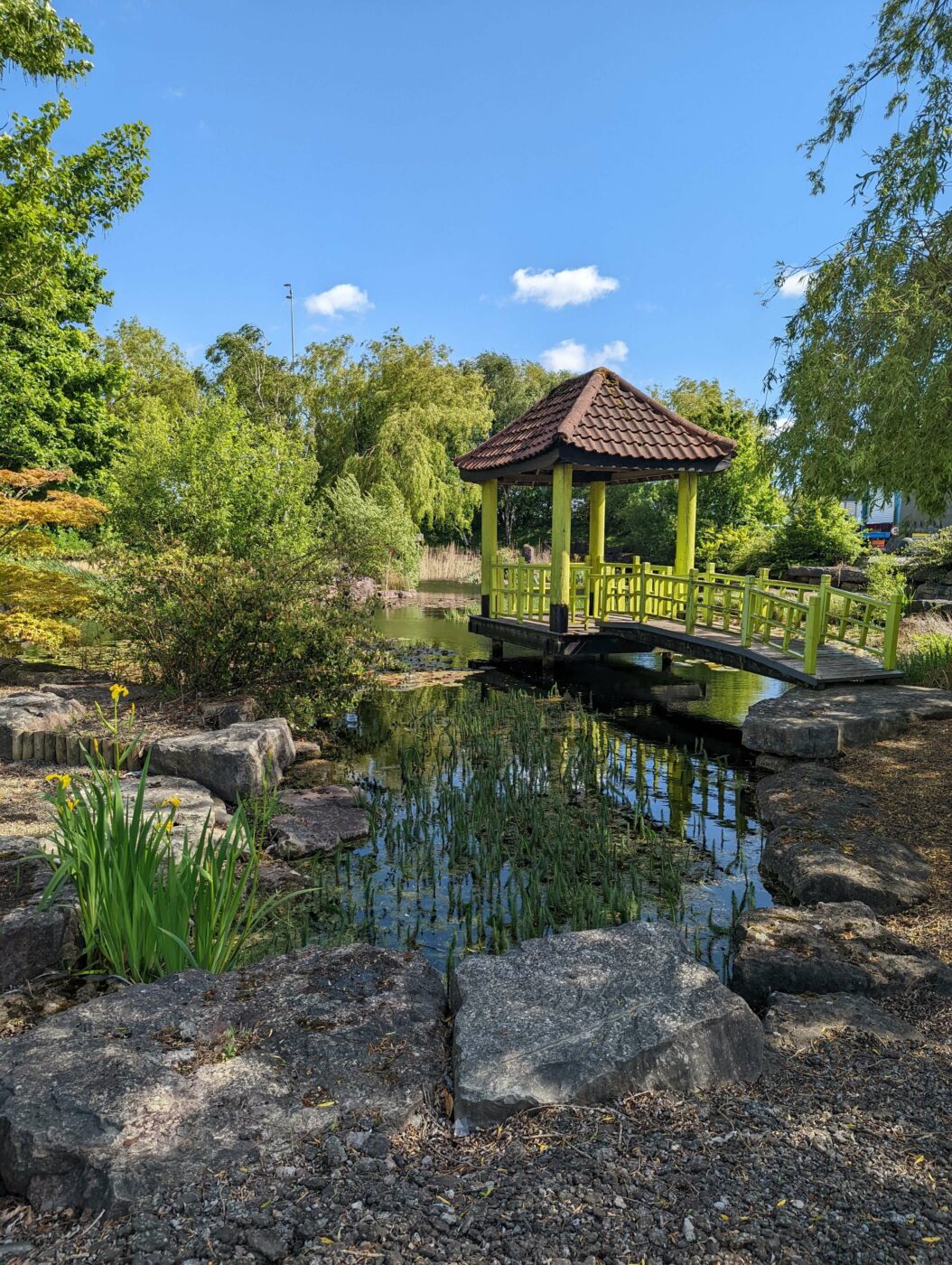

In 2022 we replaced our old vehicle with an electric van. One of the main benefits is its exhaust pipes release no pollutants, which is fantastic for the environment. Eliminating tailpipe emissions benefits everyone’s health, both locally and globally, as well as in terms of air quality.
Our electric van is much quieter than petrol and diesel vehicles, resulting in reduced noise pollution. Electric vehicles tend to have a low centre of gravity, which improves handling, comfort and safety – offering a better driving experience for our employees.

With an electric vehicle comes the need for electric vehicle power. We recently installed EV charging stations at our storage facility, as cleaner transportation is critical for environmental preservation.
The EV charging stations are available to customers and employees alike – we’re all about making life easier for everyone!

We welcomed three beehives to our buzzzzzy Wentloog storage site. Making every effort to keep them safe is a no-brainer, as these species are vital to our ecosystems.
The bee population collapse is a subject of significant public concern worldwide. This is due to the loss of habitat and food sources, pesticide exposure, and the effects of climate change on the environment.
Now more than ever, we must recognise the value of bees to both nature and human existence. We welcomed these beehives so that they would not only survive but also flourish on our Wentloog property. Our hives contain approximately 15,000 Welsh black bees in each!
We collected the honey, and the results astounded us. There was enough to provide a jar for each of our employees, security, and a select few lucky customers. It has the most amazing flavour! Without Nick, our on-site beekeeper, none of this would have been possible – kudos to you, Nick!

In an effort to reduce our carbon footprint we launched a partnership with The Carbon Trust, helping us to become a more sustainable business.
We invested in LED lighting across our sites; a 100-acre site makes a big difference! This alone reduced our carbon footprint by 26.02 tonnes per year.
We have also invested in solar cameras on all our sites to minimise reliance on electricity. This is an area we’re continuing to explore and with so much roof space, there’s an opportunity for us to embrace solar power.

Besides introducing beehives, we decided to introduce a green roof initiative for the wildlife to flourish even further.
A green roof is a roof that is partially or completely covered with vegetation, and planted over a waterproofing membrane. We’ve recently launched this initiative at our Wentloog site, covering the roofs on our self storage units with greenery which contributes to wildlife preservation and helps manage rainwater.
Wildflower mats are an important source of food for birds, and a wonderful habitat for butterflies and other insects – they also make our sites look very pretty!

To add to our actions in wildlife conservation we’ve installed several man-made lakes, including a Japanese pond. They have become a safe haven for wildlife and an area for staff and customers to relax and reflect – contributing to everyone’s well-being!
From fish to grey herons, we’ve spotted plenty of new species of wildlife enjoying our green spaces too.
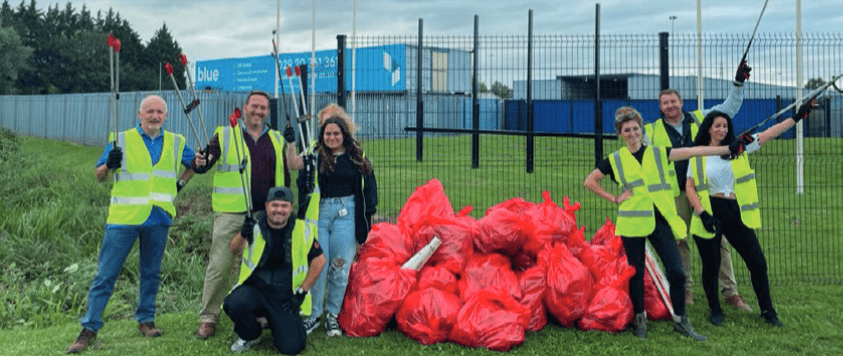
We perform litter picks with organisations like Keep Wales Tidy, who work with local communities in Wales to safeguard the environment for the present and the future.
Picking up litter is simple to do and has a positive impact; just look at how much litter we can collect in such a short amount of time.
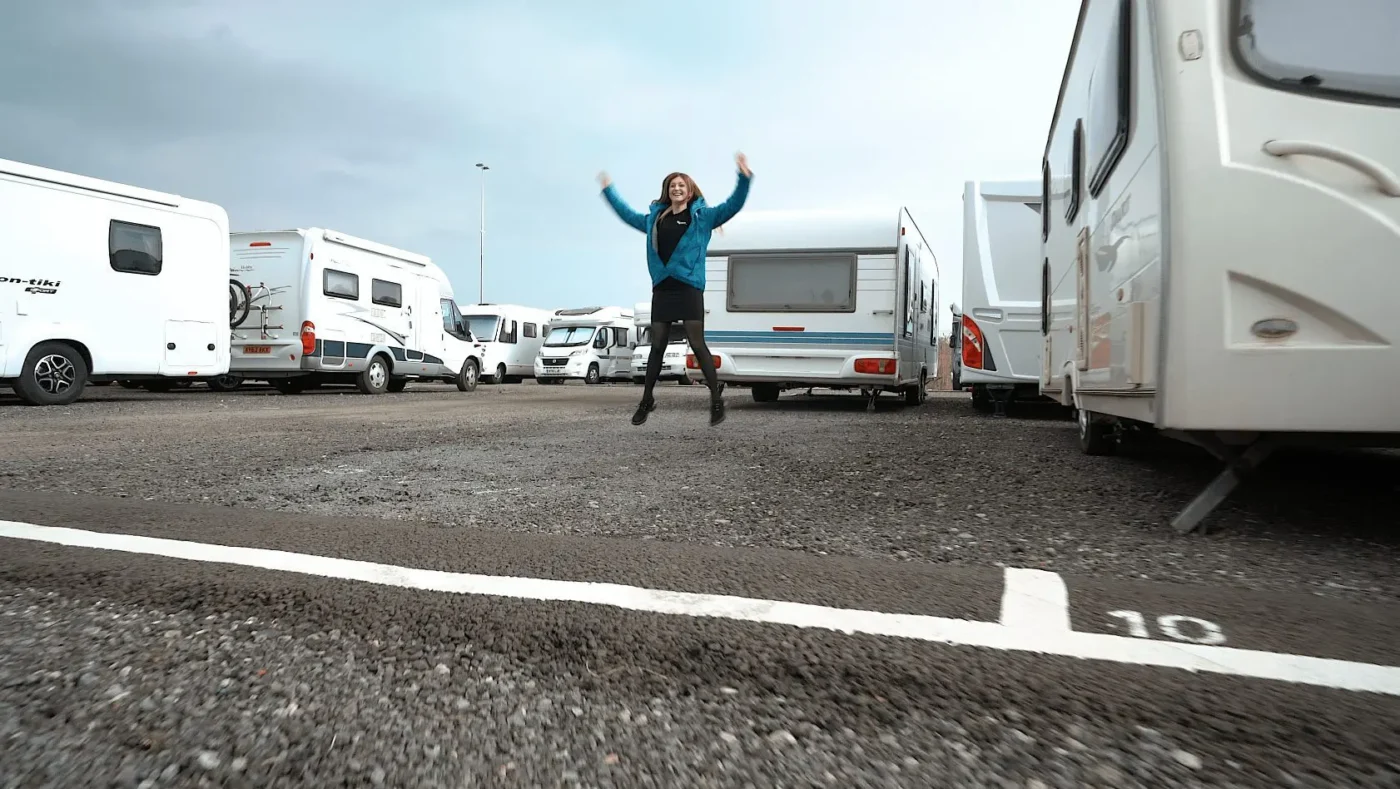
In an effort to cut down on landfill waste, we’ve revamped our entire waste collection process.
So, instead of throwing everything into one big bin, we separate our rubbish into several different categories. We have a bin for recyclables, a bin for food waste, and a bin for general rubbish. By doing this, we’re able to reduce the amount of waste that ends up in landfill.